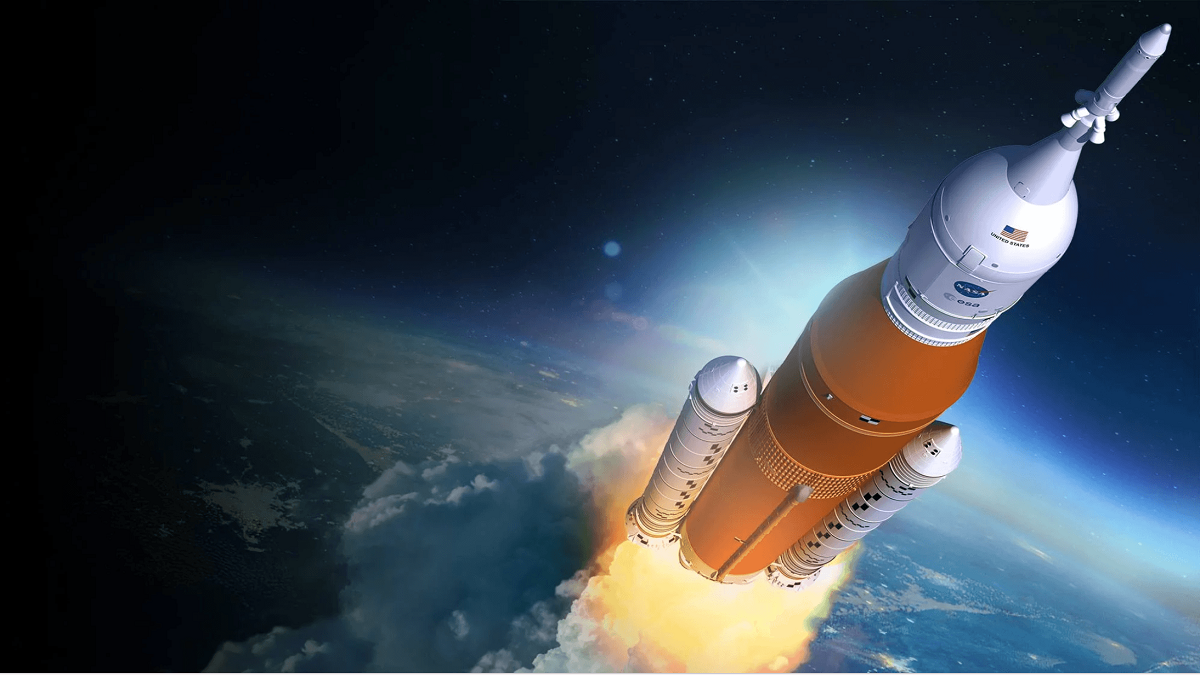Perseverance and Curiosity are two NASA rovers searching for signs of life and insights about the planet Mars’ history. NASA is taking on the challenge of launching a rocket from the surface of Mars and returning samples from the planet amid environmental challenges through its Mars Sample Return Program.
Perseverance will be able to collect samples and deposit them on the planet in secured tubes for future rovers to collect. Later, samples will be loaded onto ascent vehicles that will launch into orbit and deliver the samples to an orbiting aircraft, which will return the findings to Earth. The first rocket to be fired from another planet will be this one.
“This revolutionary initiative is intended to amaze the world when the first robotic round-trip mission collects a sample from another planet – a significant milestone that will eventually help send the first astronauts to Mars,” said NASA Administrator Bill Nelson. America’s investment in our Mars Sample Return programme will help us achieve a top priority planetary science goal while also demonstrating our dedication to global cooperation, ensuring NASA’s position as a worldwide leader in exploration and discovery.”
In order to complete this mission successfully, NASA has teamed with private corporations such as Lockheed Martin. NASA acknowledged the hurdles they have faced in executing this mission, particularly the rocket’s ability to resist the severe Martian climate, freezing temperatures, dust, a thin atmosphere, and little oxygen. All of the technologies employed on this operation must be suitable with one another and capable of performing its unique task properly.
Read More: How NASA Probe beat the heat to become first spacecraft to touch the sun
The Sample Retrieval Lander will be launched in 2026 by the US space and aeronautics agency, marking the start of the mission. “We are nearing the end of the initial stage for this Mars Sample Return mission, and the parts are coming together to return home the first samples from another planet,” says Thomas Zurbuchen, associate administrator for science at NASA Headquarters in Washington. They can be researched on Earth with state-of-the-art technologies that are too complex to transfer into space.”
NASA to launch rocket from Mars for the first time
Persistence and Inquisitiveness are two of NASA’s rovers discovering the planet Mars for emblems of life and evidence about its history. From its Mars Sample Return Program, NASA is accepting the challenge to takeoff a rocket from the surface of Mars and take back samples from the planet, in spite of environmental problems.
The operation will allow Perseverance to gather samples and leave them in wrapped tubes on the planet for forthcoming nomads to come to collect them. Mockups will be afterward, loaded onto rising vehicles which will initiate into orbit and issue the samples to a circling aircraft bringing back the indication to Earth. This will be the first and initial rocket to be launched from another planet.
In this regard, Bill Nelson, NASA manager says, “This groundbreaking endeavor is destined to inspire the world when the first robotic round-trip mission retrieves a sample from another planet – a significant step that will ultimately help send the first astronauts to Mars. America’s investment in our Mars Sample Return program will fulfill a top priority planetary science goal and demonstrate our commitment to global partnerships, ensuring NASA remains a leader in exploration and discovery.”
Read More: NASA plans two new missions to Venus for the first time in decades
Besides, NASA has joined up with private companies including Lockheed Martin, in energy to effectively accomplish this mission. In the news posted on thesite, NASA recognizes the defies they face in carrying out this mission, particularly the rocket enduring the severe martian atmosphere, dust, cold temperatures, thin atmosphere, and inadequate oxygen.
A subordinate administrator for science at NASA Headquarters in Washington, Thomas Zurbuchen, remarks “We are nearing the end of the conceptual phase for this Mars Sample Return mission, and the pieces are coming together to bring home the first samples from another planet. Once on Earth, they can be studied by state-of-the-art tools too complex to transport into space.”





















